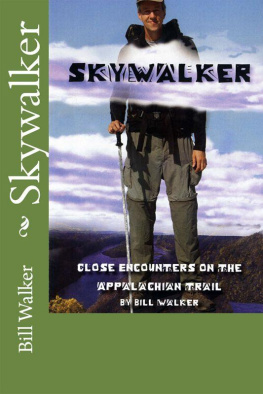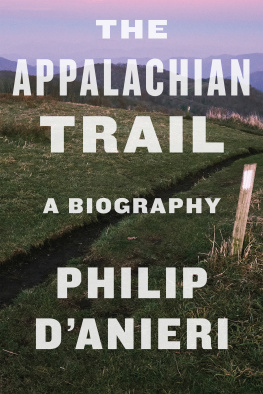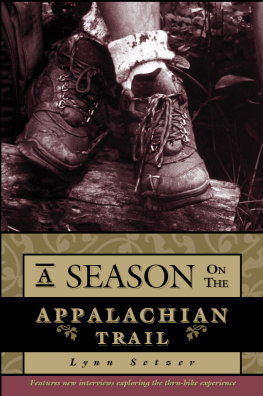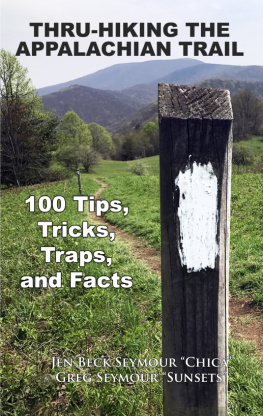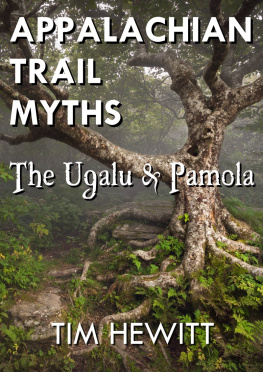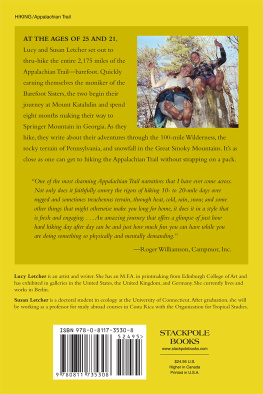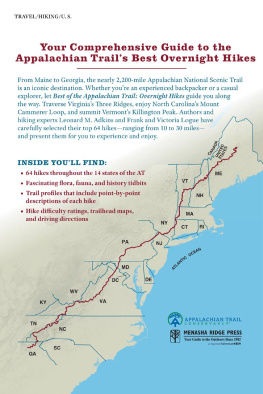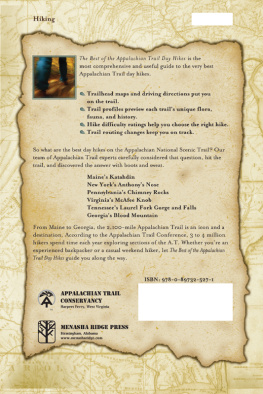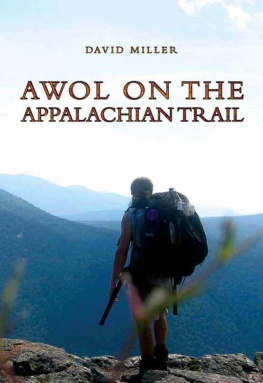
Indigo Publishing Group, LLC
| Publisher | Henry S. Beers |
| Associate Publisher | Richard J. Hutto |
| Associate Publisher | Rick L. Nolte |
| Executive Vice President | Robert G. Aldrich |
| Operations Manager | Gary G. Pulliam |
| Editor-in-Chief | Joni Woolf |
| Designer | Audra George |
| Marketing & Media | Mary Robinson |
2008 Indigo Publishing Group, LLC
All rights reserved. No part of this book may be reproduced in any form or by any means without prior written permission from the publisher, except for brief quotations used in reviews written specifically for inclusion in a magazine, newspaper, or broadcast media.
Disclaimer: Indigo Publishing Group, LLC does not assume any legal liability or responsibility for the accuracy of any information or content in this publication. The statements, views, and opinions presented in this book are those of the author, based on his own research, open public records, and do not reflect the opinions or views of Indigo Publishing Group, LLC, its staff, or associates. This narrative is from the authors recollections, and represent the authors opinions. Others may recall events differently. While many of the conversations reported are verbatim, some are approximations. The timeline of a few events and shelter entries has been rearranged. Some names have been changed.
Library of Congress Control Number: 2007941445
| ISBN: | (13 digit) 9781460999424 |
| (10 digit) 1460999428 |
eBook ISBN: 978-1-61397-688-3
Contents
My father, the late Duncan Walker Jr. (1922-2004), who would have thought trying to hike the entire Appalachian Trail was a nutty idea, but who would have been my biggest fan anyway.
To the literally tens of thousands of volunteers, trail angels, and members of local trail clubs who maintain the Appalachian Trail and form part of its unique culture.

There is a tide in the affairs of men which, taken at the flood, leads on to fortune. Omitted, all their voyages end in shadows and miseries.
Brutus, in Shakespeares Julius Caesar
O n the third afternoon in Shenandoah National Park I was trooping along contentedly. The sounds of bird chirps and the soothing flow of wind in the treetops lent a carefree atmosphere. Suddenly, I heard something to my left that gave me the feeling that whatever made the noise was large. I turned quickly and saw in the fern bushes a large black bear looking at me, not twenty yards away. I stopped in my tracks as it ran across the trail in front of me. Great, I finally got a good glimpse of a bear and it ran just like many people had said it would. But then this bear stopped, right on the trail, about twenty-five yards in front of me. It slowly sauntered down the trail away from me and disappeared around the bend. I watched in rapt attention.
I was tense, but not petrified. But my condition rapidly changed from the former to the latter when the bear suddenly reappeared on the trail, walking very slowly in my direction. I felt helpless, even cheated. Everybody had promised me they were afraid of humans and would run. But this bear didnt look afraid and wasnt running.
So there I was in a standoff with a bear. It assumed a crouching position and I got the distinct impression it had been through this drill many times before. I utilized my bear training, and began speaking back and forth to myself, and even to the bear while waving my hiking pole (and potential weapon) in the air. It was very low to the ground, but looked much bigger and wider at the stomach from a head-on view than it had appeared when it was running sideways toward the trail. God knows what all was stored in that stomach.
So what in the world was I doing in a standoff with the king of the Appalachian food chain?

Bill, have you heard of the Appalachian Trail? Tara asked.
Yeah, it starts in Georgiamy home state. I replied. Why?
Oh, youve got to read Bill Brysons latest book. she said. He and this crazy friend of his, Katz, tried to hike the entire trail.
But doesnt that trail run almost the length of America? I asked in amazement.
Yes, she giggled.
I was living in London, England, in 1998 and was shocked at the strong undercurrent of anti-Americanism. The transplanted American author, Bill Bryson, had developed a huge following among the British with his own brand of anti-American mockery. Nonetheless, I had read a couple of Brysons books with a combination of dismay and mirth, and made an immediate mental note to read this onefor a special reason.

I had a long history as a streetwalker. I had lived in Chicago from 1985 to 1995, and had worked downtown as a futures trader at the Chicago Board of Trade. After a few years I had figured out the best way to avoid the paralyzing city traffic was to walk home. At first I began walking until I passed over the Chicago River, at which point I would catch the bus for the remainder of the trip home. After a few months I found the walk so cathartic that I began walking all four miles home every day. People I had ridden the bus with for years asked me at work what in the heck I was doing walking, often in the freezing cold, straight up the bus line after being on my feet on all day. But I enjoyed the notoriety, and, better yet, saved one dollar per day in bus tokens.
In 1995 I got a job in London and reveled in trooping all over the west end of that historic, old city, often to the consternation of male and female companions. After leaving London in 1999 I lived in four Latin American countries over the next four years. In each country I continued this habit of walking what I then considered to be long distances of several miles at a time. I had come to love walking.

And so it was with special interest that I read Bill Brysons book about his Appalachian Trail adventures. Bryson and Katz, his hapless high school sidekick, both in their mid-forties, had set off to hike the entire trail, but ran into one problem after another. During their fourth week in the Great Smoky Mountainsafter days of slogging through mud, slush, and even snowthey bailed out and took a bus to Shenandoah National Park in northern Virginia. From there they challenged the trail for a couple hundred more miles, until a spooky encounter with a phantom bear shooed them once more. They disbanded, but reconstituted their partnership in Maine where, in the Hundred Mile Wilderness, Katz got lost. After a frightening search they happened upon each other the next morning. That was the final straw: They immediately took the nearest side trail back to civilization. Overall, they had actually hiked only about seven hundred of the trails almost 2,200 miles.
A light bulb went off in my head when I read in Brysons book that of the approximately four million people who hike some portion of the Appalachian Trail (AT) each year, approximately two thousand start off with the objective of being thru-hikers. A thru-hiker is someone who hikes the entire 2,175 mile trail in one year.

